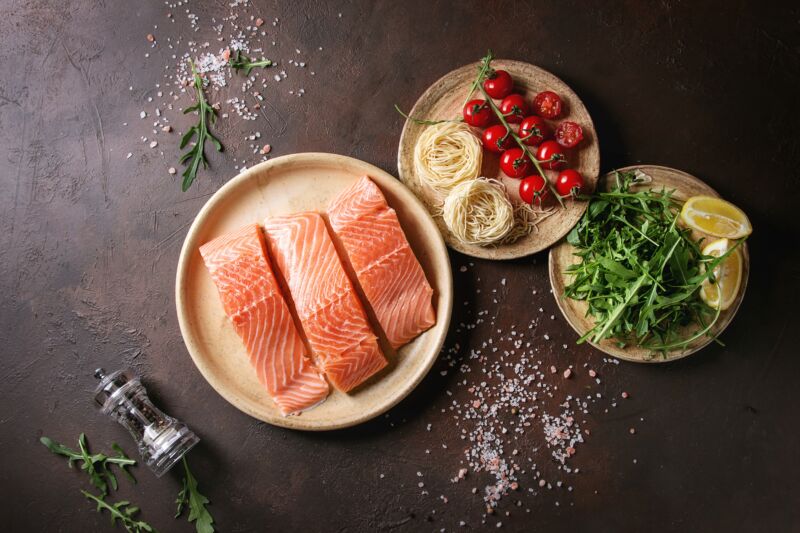
Enlarge (credit: Getty | REDA&CO)
The US Food and Drug Administration on Wednesday proposed a long-awaited revision to the definition of the term "healthy" on food packaging—finally scrapping the mind-boggling criteria from the 1990s that made healthful foods such as nuts, salmon, avocados, olive oil, and even water ineligible for the label.
The new definition is not immune to criticism, and Americans are likely to still face uncertainty about healthy food choices as they stroll grocery store aisles. But, the proposed update—which coincides with this week's White House Conference on Hunger, Nutrition, and Health and a national strategy to improve US nutrition and reduce hunger—is a clear improvement.
Under the current criteria, established in 1994, the FDA allows food manufacturers to label their products as "healthy" based on myopic maximums and minimums of specific nutrients. That means "healthy" foods have universal maximums for saturated fat, total fat, cholesterol, and sodium, and are also required to provide at least 10 percent of the daily value for one or more of the following nutrients: vitamin A, vitamin C, calcium, iron, protein, and fiber.
No comments:
Post a Comment